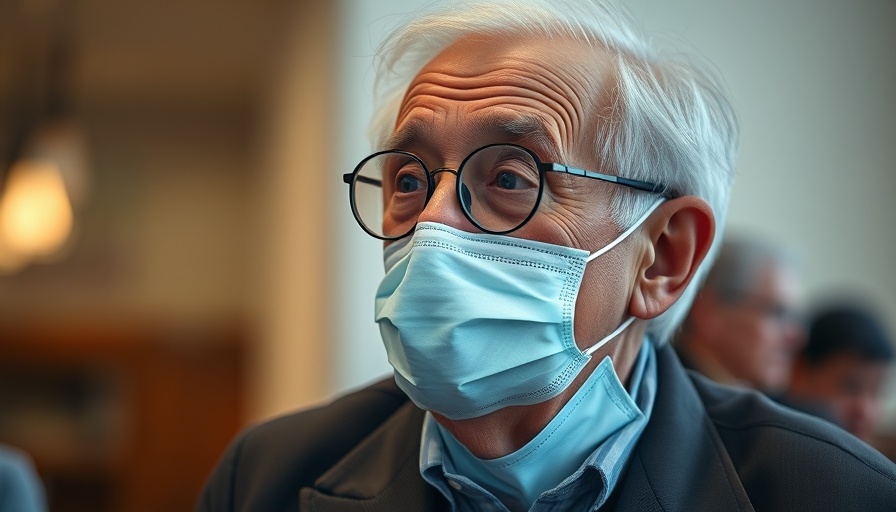
Corruption in A City-State: The Ong Beng Seng Case
In a surprising turn of events that has captured Singapore's attention and raised questions about the integrity of its public officials, billionaire hotelier Ong Beng Seng has pleaded guilty in a rare corruption case. This scandal not only implicated Ong but also led to the arrest of former transport minister Subramaniam Iswaran. Both were charged with accepting and offering extravagant gifts while involved in official duties, marking a significant departure from Singapore's typically immaculate reputation for business integrity.
The Weight of Gifts: A Legal Perspective
Under Singaporean law, public officials are not allowed to retain gifts that exceed a certain value unless they declare them and compensate the government at market value. In this case, Ong is accused of giving over S$403,000 (around $311,882) worth of gifts to Iswaran, which included luxurious hotel stays, tickets to the Formula 1 Grand Prix, and flights. The expectations set forth by such stringent laws reflect Singapore's commitment to preventing corruption, a cornerstone of its governance model. The outcome of this case could serve as a benchmark for how such laws are enforced moving forward.
Profiling the Parties Involved: Who Are Ong and Iswaran?
Ong Beng Seng, the founder of Hotel Properties Limited, has played a pivotal role in bringing prominent international events to Singapore, such as the Formula 1 Grand Prix. Although he has enjoyed substantial success, his recent legal troubles have left a stain on his illustrious career. Paired with Iswaran, who served as the chief negotiator for F1-related business matters and was also part of the government's F1 steering committee, this case opens a new chapter in Singapore's political and business narratives.
The Broader Implications of Corruption in Singapore
Singapore is considered one of the world's cleanest cities in terms of corruption perception. Thus, news of this scandal sends shockwaves throughout the population and could influence public trust in the government. The financial hub's leaders have long defended their high salaries as a deterrent against corruption, holding that competitive compensation attracts capable leaders. The Ong-Iswaran case suggests that even with these safeguards, corruption can still occur, calling into question the effectiveness of current measures.
What Lies Ahead: Sentencing and Medical Concerns
As Ong faces potential jail time—up to two years for the gift-giving charge and seven for obstruction of justice—the courts have allowed him some lenience due to his ongoing battle with rare bone marrow cancer. This complexity highlights not only the legal ramifications but also the human elements at play: Ong’s health and the potential for his declining circumstances to overshadow a scandal of this magnitude.
How Does This Affect Businesses?
For business leaders and entrepreneurs in Singapore and beyond, this case serves as a stark reminder of the critical importance of ethical practices in business dealings. It illustrates how even well-established players can find themselves ensnared in legal troubles that derail careers and businesses. The implications of this scandal may lead other business leaders to reevaluate their own relationships with government officials, ensuring their dealings remain above board and transparent.
Your Role in A Corrupt-Free Future
The fallout from this scandal not only reshapes the public's image of high-ranking officials but also reiterates the importance of grassroots ethics. Citizens and business owners alike can contribute by demanding transparency, supporting anti-corruption initiatives, and participating in the dialogue surrounding ethical governance. Singapore's future as a business hub depends on the integrity of its leaders and officials.
With low corruption levels tied to economic growth, stakeholders have a vested interest in promoting clean governance. As discussions about reform emerge from this situation, engaged citizens can have a voice in shaping policies that strengthen the city-state's reputation on the global stage.
 Add Row
Add Row  Add
Add 




Write A Comment